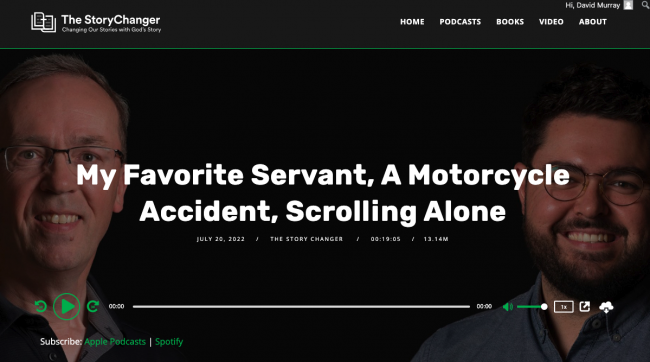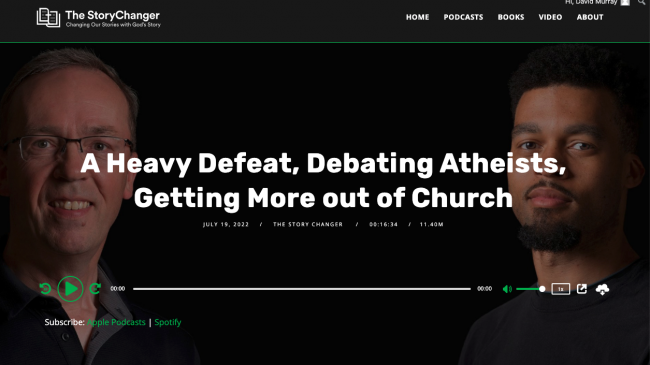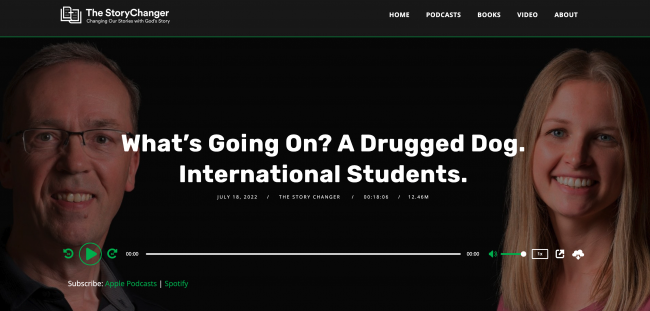
INTRODUCTION
“Sticks and stones will break my bones, but words will never hurt me.” Really? Whoever says that has never been verbally abused or lied about. Sticks and stones can only injure the body, whereas words can injure the heart, the soul, the psyche.
A few years ago, a study conducted by research psychologists at Purdue University, Indiana, found that memories of painful emotional experiences linger far longer than those involving physical pain. The researchers quizzed people about painful events in the previous five years and found that it was much easier for people to relive, re-experience, and re-suffer from social pain than from physical pain.
A study of physical health consequences of physical and psychological abuse concludes: “Verbal abuse is strongly associated with chronic pain, migraine and frequent headaches, stammering, ulcers, spastic colon, and frequent indigestion, diarrhea, or constipation along with many stress-related heart conditions. The psychological effects of verbal abuse include: confusion, shame, fear and anxiety, depression, stress and PTSD, intrusive memories, memory disorders, sleep or eating problems, hyper-vigilance and exaggerated startle responses, irritability, anger issues, alcohol and drug abuse, suicide, self-harm, and assaultive behaviors.” The research led Harvard to publish an article entitled: “Verbal beatings hurt as much as sexual abuse.”
So what do we do when words have wounded us? We turn to the healing Word of God as the Psalmist did in Psalm 12.

BACKGROUND
The Psalms are God’s infallible study of the connections between feeling, thinking, and doing. They stimulate healthy thoughts, feelings, and actions. But they also help us process dangerous and damaging emotions. So far we’ve felt the following Psalms:
- Psalm 1: A Happy Song
- Psalm 2: A Fight Song
- Psalm 3: A Peace Song
- Psalm 4: A Love Song
- Psalm 5: A Hate Song
- Psalm 6: A Complaining Song
- Psalm 7: A Justice Song
- Psalm 8: An Awe Song
- Psalm 9: A Safe Song
- Psalm 10: A Patient Song
- Psalm 11: A Stabilizing Song
- Psalm 12: A Healing Song
1. WE’RE WOUNDED BY THE WICKED’S WORDS (1-4)

“Save, O Lord, for the godly one is gone; for the faithful have vanished from among the children of man” (1). Wherever David looked, the wicked were increasing while the godly were decreasing. As a result, the wicked’s words were multiplying while the godly’s words were shrinking. What’s so bad about that?
In contrast with the truthful, sincere, and genuine words of the godly, the wicked’s words were characterized by lies, flattery, and a double heart. “Everyone utters lies to his neighbor; with flattering lips and a double heart they speak” (2-3). It was impossible to know when anyone was speaking the truth.
But it didn’t stop there. Their tongue “makes great boasts,” they say, “With our tongue we will prevail, our lips are with us; who is master over us?” (3-4). “Our tongues will triumph, our lips are Lord.” They had supreme confidence in the supremacy and success of their wicked words. It was agony for David to hear their triumphant talk.
CHANGING OUR STORY WITH GOD’S STORY
Admit your wounds. The first step in any healing is to accept you’ve been injured. Whether it was a parent, a bully, a teacher, a pastor, an employer, or just the drip-drip-drip of the culture’s hostile words towards Christians, admit you’ve been wounded and you need healing.
Stop listening to the wicked. I was listening to a podcast recently where a trauma expert said he’s lost count of the number of times he’s prescribed, “No more news.” Some words we cannot block out, but some words we can. We can listen to Christian songs instead of Talk Radio. We can block certain people on social media. We may not be able to block out everything but we can block out some of the words that wound us.
Start speaking to the Lord. Psalms like this must have been frequently on the lips of Jesus when he lived in this wicked world and went through such painful verbal abuse. He felt it more keenly than anyone else as he was not only a perfect man but had perfect sensitivity. How often he was traumatized by the words people said about him and to him. He wasn’t just one of God’s people, he was God himself, and therefore felt the pain of blasphemy as a direct hit against himself. We can therefore come to the one who knows the pain of verbal wounds, who sympathizes, and who can sustain us (Heb. 2:17-18; 4:15).
Repent of your wounding words. If you’ve been guilty of wounding people with words or attempting to wound God with words, then confess this to God and whoever you have wounded seek forgiveness.
Sticks and stones break my bones,
but words break my heart.
What words can heal our broken hearts?
2. WE’RE HEALED BY GOD’S WORD (5-8)

The wicked have spoken, but now God speaks. “Because the poor are plundered, because the needy groan, I will now arise,” says the Lord; “I will place him in the safety for which he longs” (5). God does not sit idly by, unconcerned as the weak and defenseless are verbally assailed and assaulted. He sees their wounds, he hears their groans, and he speaks to promise protection and safety.
How does he do this? He may remove the wounded sufferer from the verbally violent circumstances. Or he may give his own healing Word to replace the wounding words. “The words of the Lord are pure words, like silver refined in a furnace on the ground, purified seven times” (6). How the psalmist welcomed God’s pure, powerful, precious, protective words.
The psalmist responded by repeating God’s protective promises in the midst of the wicked’s wounding words. “You, O Lord, will keep them; you will guard us from this generation forever. On every side the wicked prowl, as vileness is exalted among the children of man” (7-8). The Psalmist is walking along the road seeing vile deeds and hearing vile words, but God is keeping him and shielding him with his pure, powerful, protective Word.
CHANGING OUR STORIES WITH GOD’S STORY
Replace wicked words with the written Word. Let’s fill our heads and hearts with God’s protective Word to shut out wicked wounding words. We have a daily choice about which words we will permit entry to. We cannot stop the flow of wicked words into our lives unless we pour in God’s Word instead. This is how Jesus lived, not by bread alone, but by every Word of God. Beautiful words make beautiful character. Instead of gazing at wicked words and ruminating on what someone said about you or to you, gaze on God’s Word, look at its value, beauty, shine, etc and let its beauty beautify you. Let God tell you what you mean to him, how he loves you, how he cherishes and treasures you. Let him praise you when others are insulting you.
Replace wicked words with the living Word. Jesus is the perfect Word of God, pure, like silver refined in a furnace on the ground, purified seven times. We love him and we love his Word, especially when we feel hated with hateful words. When someone’s words remind you of their hate, use Jesus’s words to remind you of his love.
God’s pure Word protects
from the wicked’s painful words.
SUMMARY


THE NEXT CHAPTER
Gospel: If your words have been wicked, remember you can be saved by God’s good Word.
Identity: Don’t let the wicked’s words define you, but let God’s Word define you. Don’t let the wicked’s words weigh more with you than God’s Word.
Sing: Sing this song to admit your wounds and heal your wounds. Sing it as a lament, a confession, a prayer, and a praise.
Prayer: Healer of wounds, bring your Word into my life to heal me and make me a healer not a wounder.
DISCUSSION QUESTIONS
1. What words have you heard that wounded you?
2. What have you done with these word-wounds?
3. How will this Psalm change the way you process words wounds from the past and in the future?
4. What Words of God are most previous and healing to you?
5. What did this Psalm teach you about Jesus?
6. How will this Psalm change the way you speak to or about others?
PDF OF SERMON NOTES









 INTRODUCTION
INTRODUCTION




